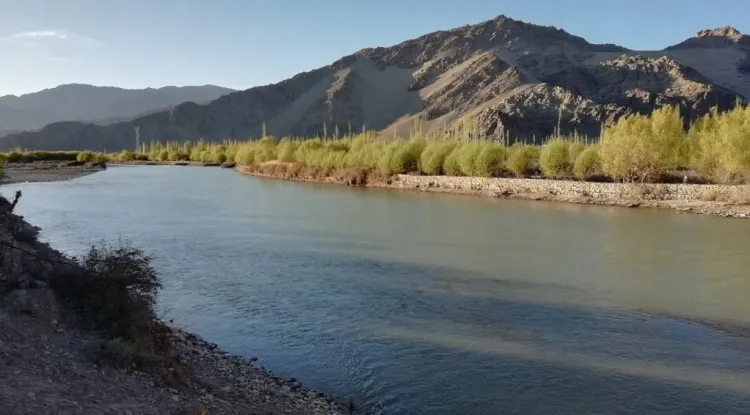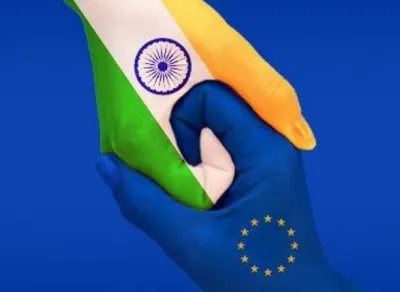Is the World Bank Stepping Back from the Indus Water Treaty?

Synopsis
Key Takeaways
- World Bank's role is limited to facilitation regarding the Indus Water Treaty.
- India has suspended the treaty amid rising tensions with Pakistan.
- The treaty governs water sharing from six major rivers.
- The situation could have significant impacts on agriculture in Pakistan.
- Continued dialogue is essential for future relations.
New Delhi, May 9 (NationPress) In a significant blow to Pakistan, the World Bank has unequivocally stated on Friday that it will not intervene in the issues surrounding the Indus Water Treaty, which India has halted subsequent to the Pahalgam terror attack that resulted in the deaths of 26 tourists.
A communication from World Bank President Ajay Banga, disseminated by the Indian government, emphasized: "We have no role to play beyond that of a facilitator."
"There’s a great deal of conjecture in the media regarding the World Bank's potential involvement in resolving the issue, but it’s all unfounded. The World Bank's function is solely as a facilitator," stated the World Bank President.
Pakistan has alleged that it is preparing for legal measures concerning India's suspension of the water treaty, including escalating the matter at the World Bank.
Prime Minister Narendra Modi has already declared that the waters of the river and its tributaries rightfully belong to India and will be utilized for the benefit of India.
"Bharat ke haq ka paani, Bharat ke haq mein bahega," PM Modi remarked.
The Indus Water Treaty, established in 1960, regulates the distribution of water from six rivers—Indus, Jhelum, Chenab, Ravi, Beas, and Sutlej—between India and Pakistan.
The waters from these rivers are crucial for irrigating Pakistan’s agricultural land and enhancing crop yields. The Salal and Baglihar Dams are situated on the Chenab River, and water is released from these dams during dry seasons to support crop irrigation in Pakistan. India's choice to suspend the treaty stems from Pakistan's ongoing support for cross-border terrorism, facilitated by the notorious ISI, the military's intelligence branch.
Meanwhile, World Bank President Banga, who is currently visiting India, met with Prime Minister Modi on Thursday and reassured him that the World Bank will not meddle in India's suspension of the Indus Water Treaty amid rising tensions with Pakistan. The World Bank chief also had discussions with Finance Minister Nirmala Sitharaman in the national capital.
Banga departed for Lucknow on Friday as part of his trip to Uttar Pradesh to witness first-hand the rapid economic advancements made by India's most populous state in recent years.









